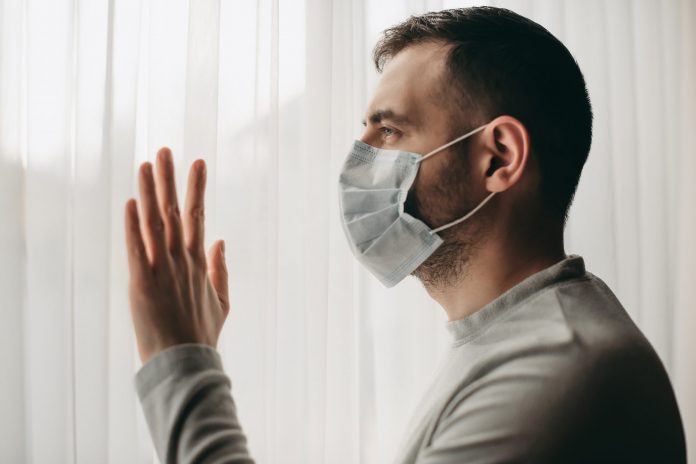A study that links data from a survey of more than 300,000 people in the US with localised estimates of virus transmission based on the reproductive number (R), confirms that mask-wearing is associated with better control of Covid-19 transmission in the community.
Published in The Lancet Digital Health journal, the modelling study found that a 10% increase in self-reported mask-wearing was associated with a more than three-fold better odds of keeping the instantaneous reproductive number (Rt), which measures the number of secondary cases arising from a single case for a given time point, below 1. An Rt number below 1 is considered a key sign that virus transmission is slowing.
Mask-wearing rates increased steadily throughout the survey period, between 3 June and 27 July 2020, but the authors did not find an additional rate increase following the introduction of statewide mandates in 12 states. The researchers say this may explain why studies analysing the effects of mask mandate interventions may find mixed results despite the potential benefits of mask-wearing.
The study cannot prove that mask-wearing is directly responsible for slowing virus transmission and it is possible that people who report wearing masks may also engage in other behaviours that reduce their risk of Covid-19 infection, such as increased hand washing, and this was not addressed in the study.
Nevertheless, the findings lend further support for community adoption of face masks as an important intervention for reducing SARS-CoV-2 transmission.
Professor John Brownstein, senior author of the study, from Boston Children’s Hospital, said: “Wearing face masks or face coverings in public spaces has been mandated by governments around the world to try and stem transmission of Covid-19. The aim is to provide a physical barrier that prevents the spread of virus-laden droplets. However, past evidence on the effectiveness of mask use against Covid-19 transmission is mixed and setting up randomised controlled trials to investigate this is challenging. Our findings, based on observational data, suggest a community benefit for wearing face masks for slowing the transmission of Covid-19; however, mandates alone may not be enough to increase mask use. We recommend that policy-makers consider additional strategies to evaluate and increase mask usage in order to disrupt the ongoing Covid-19 epidemic.”
Face masks may help to prevent Covid-19 transmission by protecting the wearer from becoming infected or preventing the wearer from passing on the virus if they are infected, or both.









